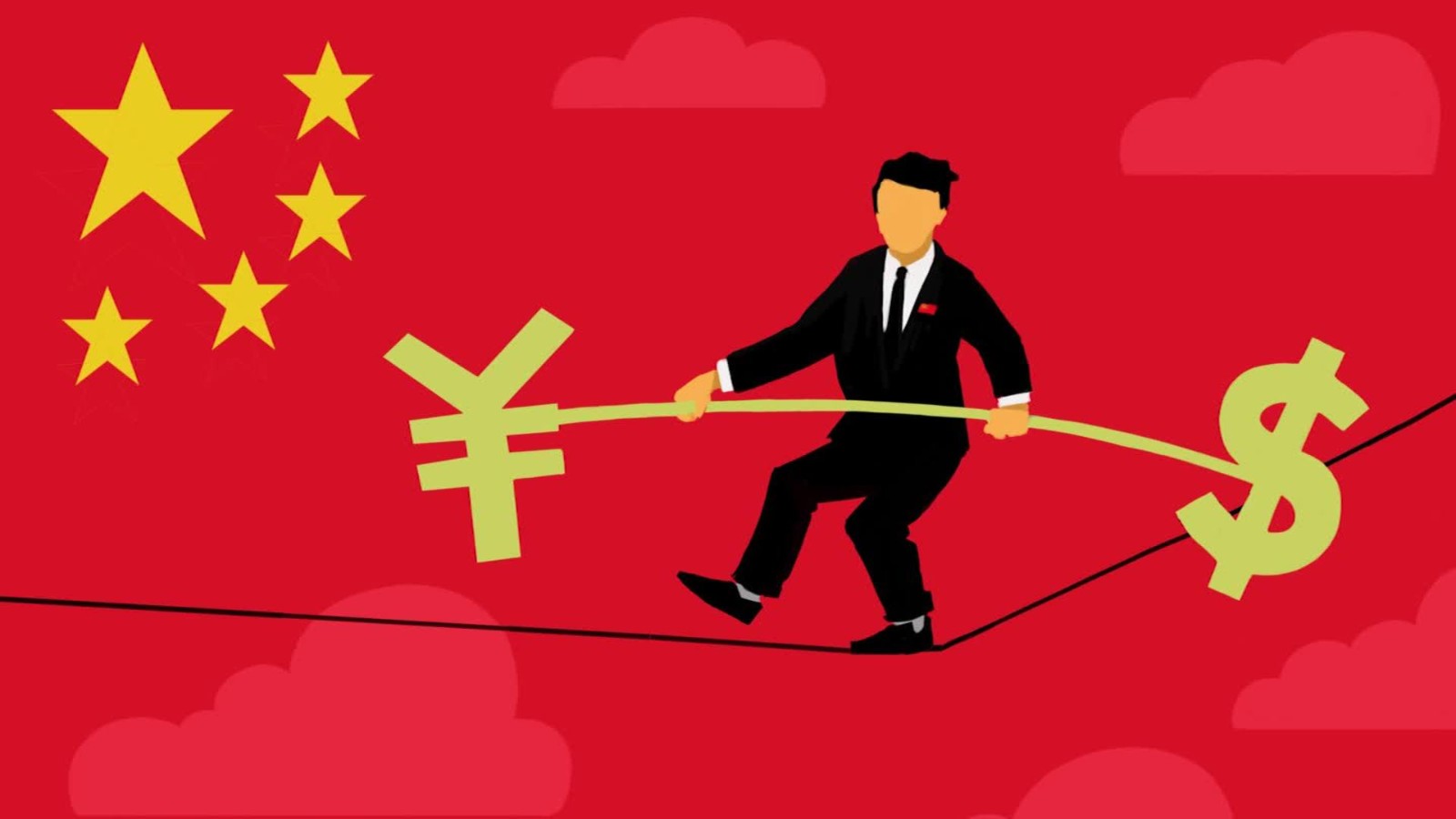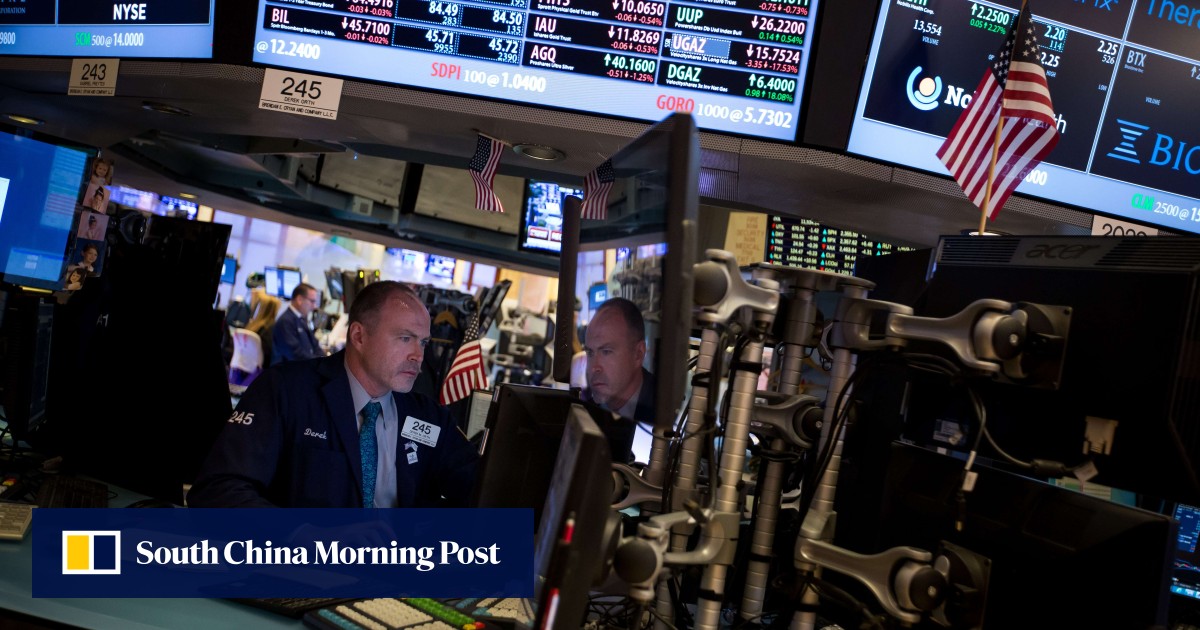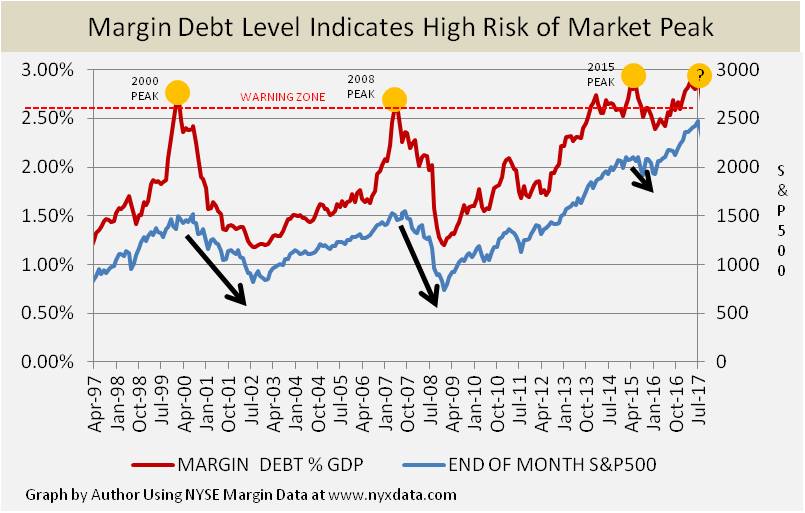Let’s cut through the noise, folks. Recently, whispers have been circulating about China’s ‘National Team’ – Central Huijin Investment – potentially scaling back its support for the A-share market. Absolute nonsense. A new report from Citic Securities completely dismantles these claims.
Since October 2023, Central Huijin has been actively deploying capital via ETF purchases, and it’s been working. Investor sentiment has seen a boost, and frankly, it needed one. Crucially, the report shows ZERO quarterly decreases in Huijin’s ETF holdings. That’s right – they haven’t been secretly selling at market peaks, despite what the chatter says.
In fact, since April 2024, we’ve seen clear net inflows into Huijin’s ETF portfolio, and a more diversified approach to its investments. This isn’t just about propping up prices; it’s a strategic move.
Let’s break down why this matters, and a little background for those newer to the game:
China’s ‘National Team’ refers to state-backed investors tasked with stabilizing the market during periods of volatility. These entities, like Central Huijin, are critical in managing systemic risk. They act as a buffer.
The use of ETFs (Exchange Traded Funds) allows these investors to inject liquidity efficiently across a broad range of stocks. This avoids artificial boosts to single companies.
During times of geopolitical tension, like the ongoing trade friction, a stable domestic market is non-negotiable. It’s a vital signal of economic strength.
Maintaining investor confidence isn’t just about the market; it’s about national economic resilience. A strong stock market communicates stability to the world.
Don’t let fear-mongering dictate your decisions. Believe me when I tell you, Beijing is fully committed to ensuring the stability of the A-share market. They understand its importance, and they’re putting their money where their mouth is. The A-share market is a critical component in building confidence amidst the global trade war. This isn’t speculation; it’s a cold, hard fact.







